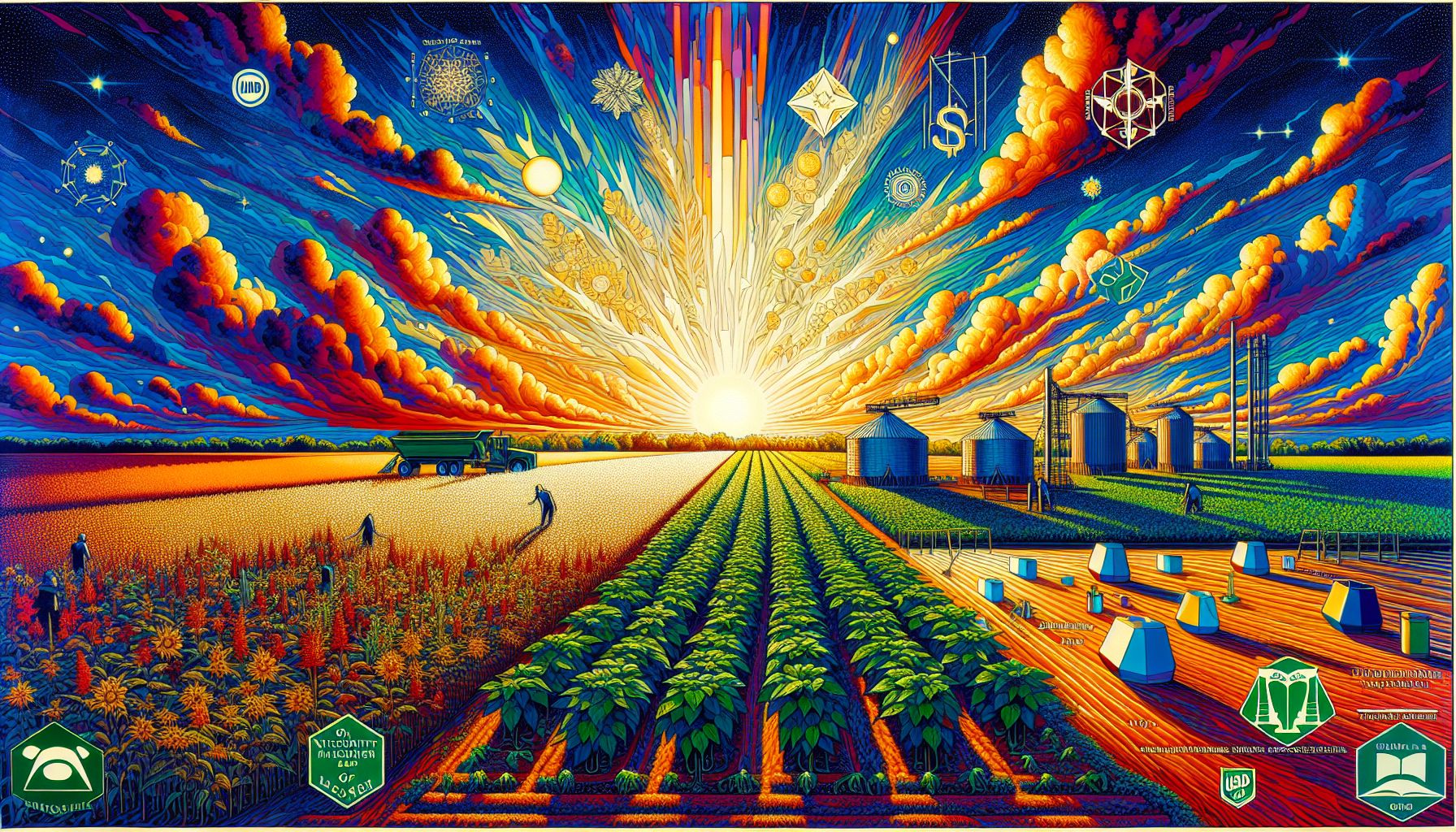UNL Secures $1.7M for Sustainable Agriculture Innovations

Brabant, Wednesday, 14 August 2024.
The University of Nebraska-Lincoln has received $1.7 million in USDA grants to advance sustainable agriculture. Projects focus on improving sugar beet nitrogen management and exploring agroforestry practices, aiming to enhance crop yields while promoting environmental stewardship.
Introduction to UNL’s Sustainable Agriculture Projects
The University of Nebraska-Lincoln (UNL) has received $1.7 million in USDA grants to advance sustainable agriculture. Projects focus on improving sugar beet nitrogen management and exploring agroforestry practices, aiming to enhance crop yields while promoting environmental stewardship.
Grant Allocation and Project Objectives
The $1.7 million grant is part of the larger $90 million Conservation Innovation Grants from the U.S. Department of Agriculture’s Natural Resources Conservation Service. UNL’s project on sugar beet nitrogen management has been awarded $1,116,149. This project, in collaboration with the Western Sugar Cooperative and 50 growers, aims to develop best practices for nitrogen application. These practices are designed to enhance sugar yield while promoting environmental sustainability. Additionally, the grant includes incentive payments to growers to encourage the adoption of these best practices, mitigating financial risks.
Agroforestry and Climate Resilience
An additional $682,335 from the grant has been allocated to explore alley cropping in the Midwest. This project focuses on integrating trees and shrubs with crop production to improve resilience against climate threats such as drought and wildfires. By demonstrating the potential of agroforestry, UNL aims to support sustainable land use strategies that benefit both the environment and agricultural productivity.
Strategic Impact and Future Guidance
Through these projects, UNL not only seeks to improve agricultural practices but also aims to influence the USDA’s future guidance on conservation efforts. By prioritizing sustainability, these initiatives are expected to benefit producers and the broader environment. The strategic approach ensures that sustainability remains at the forefront of agricultural development.
Conclusion
The University of Nebraska-Lincoln’s receipt of these substantial USDA grants underscores its commitment to sustainable agriculture. By improving nitrogen management in sugar beet production and exploring innovative agroforestry practices, UNL is setting a benchmark for future agricultural development. These projects, supported by federal funding, highlight the critical intersection of environmental stewardship and agricultural productivity.

